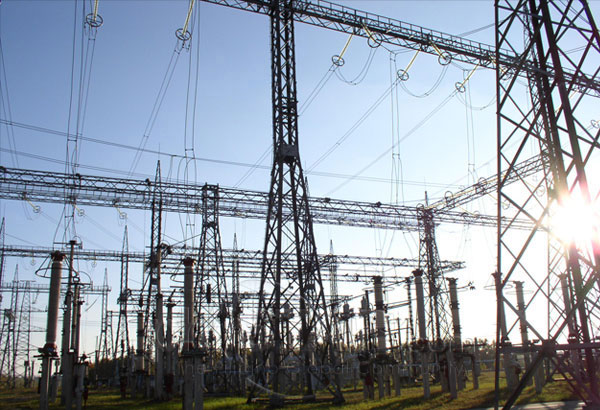Rising property prices expose banks to risks — Fitch
MANILA, Philippines — The sustained surge in property prices over the past three quarters, driven by a boom in the Philippine offshore gaming operator (POGO) industry, presents rising risks to the country’s banking system, according to US-based credit rating agency Fitch Ratings.
The debt watcher said banks and property developers are exposed to greater policy risk as the increase in real estate prices has been driven by strong demand amid the boom in online gaming operators in the country.
“Recent data point to speculative activity that could affect market stability if unchecked,” Fitch said.
According to Fitch, property prices in the Philippines have experienced some of the strongest growth of any major real-estate market since 2010, in real terms.
However, in recent months the pace of increase has accelerated.
National residential real-estate prices recorded a double-digit growth of 10 percent year-on-year in the third quarter of last year.
Prices of condominium units in the National Capital Region (NCR), Fitch said, soared by an unsustainable 34 percent year-on-year.
There has been an influx of Chinese nationals in the country who are being employed by the POGO industry.
Fitch said the increase partly reflects the 75-basis point decline in interest rates last year as well as the strong demand from the POGO sector.
Fitch said the POGO industry has accounted for around 30 percent of Metro Manila office demand over the past two years.
Fitch said the strong demand in Metro Manila is likely to have had spillover effects on nearby residential property prices.
It warned prolonged rapid house price inflation tends to spur borrowers to take on more debt to afford increasingly expensive homes, particularly if the trend stimulates further speculative price appreciation.
It could also lead developers to over-invest in future supply, risking an inventory overhang if demand weakens, Fitch said.
“Both trends have a tendency to raise private-sector leverage, making the economy more susceptible to downside risks. Studies show that asset bubbles fuelled by credit booms typically lead to deeper and longer downturns,” Fitch said.
According to the debt watcher, Philippine banks’ exposure to the real-estate sector has remained broadly stable to date at around 20 percent of total bank loans since 2015.
The figure is faster than the credit growth of around 14 percent for total loans and 13 percent for the real estate sector alone.
Moreover, Fitch said commercial real-estate lending saw a notable pick-up in growth in recent months.
“A higher reliance on the POGO sector to drive real-estate demand exposes banks and property firms to greater policy risks,” it said.
For one, Chinese authorities last July signaled an intention to crack down on Philippine POGOs, which are reported to employ a number of Chinese nationals and provide services to Chinese clients.
•Increased scrutiny or a clampdown on the sector by Chinese or Philippine authorities could call into question the growth and viability of the industry and may ultimately lead to knock-on effects on domestic property demand and the broader economy,” Fitch said.
- Latest
- Trending





























